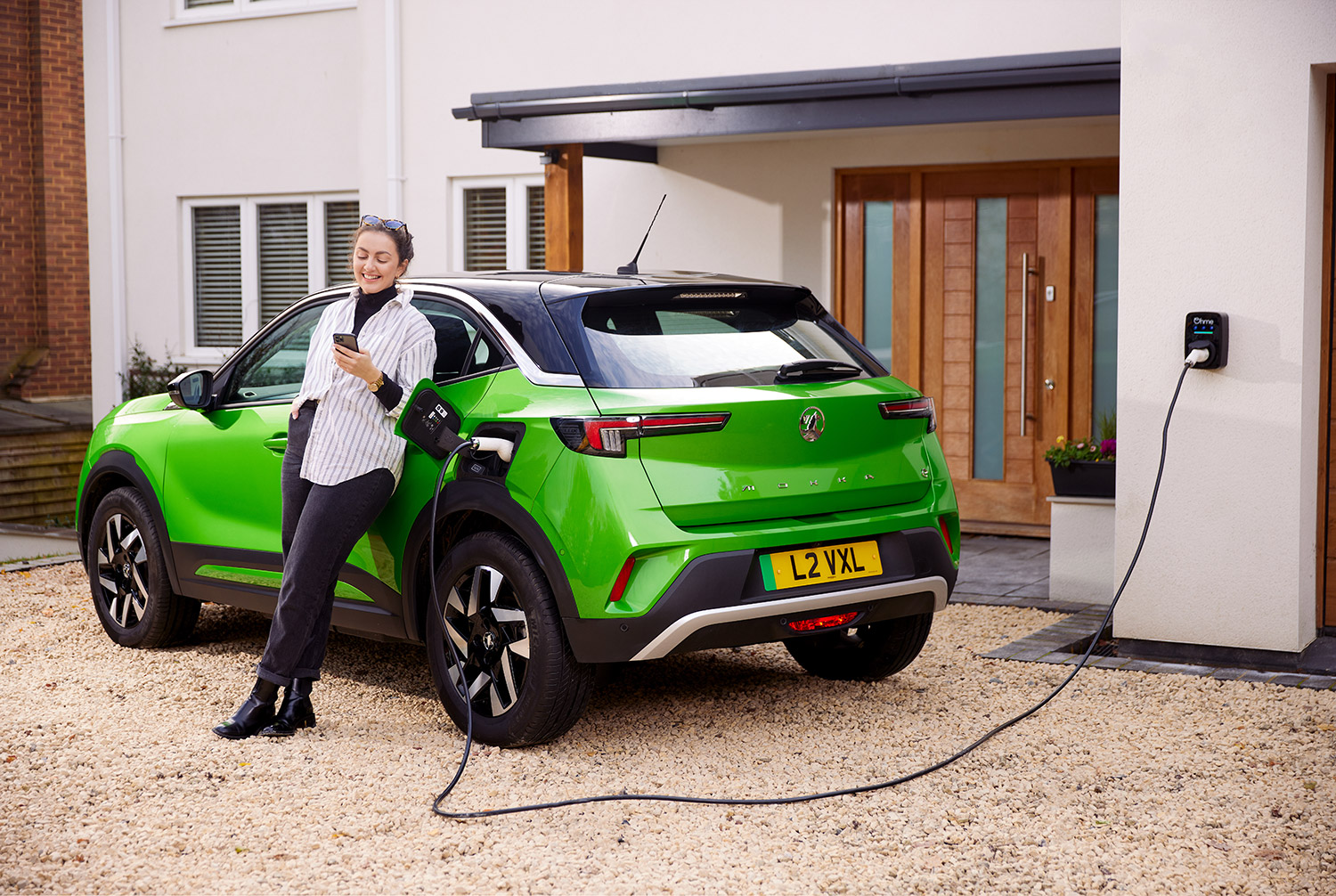How long does it take to charge an electric car?
How long does it take to charge an electric car? It’s a question that gets frequently asked but unfortunately doesn’t have an easy answer. Below we’ll try to answer the most popular queries and explain how long it takes to charge both at home and at a public charger and explain how why it may not take as long as you think.
How long does it take to charge an electric car at home?
Most home chargers such as our Ohme Home Pro or ePod deliver electricity at a rate of 7.4kWh. As the figure suggests, that means for every hour it charges your car, it will deliver 7.4kW of energy into your battery. So if you wanted to add 70kW to your battery, then it will take roughly ten hours.
Other more powerful or three-phase chargers will obviously deliver a faster charge while obviously less powerful chargers will take longer. By comparison, a three-pin domestic plug will deliver power at about 2.3kW, so those same 70kW would take more 30 hours to deliver.
How long does it take to charge an electric car at a public charger?
Public chargers can come in various different power levels from 7kW, virtually the same as your home, up to 350kW at some of the ultra rapid public charging points now available.
But there are some crucial things to remember about public chargers, the speed that they offer and what they actually deliver. Ultra-rapid charging points of 50kW and above are now relatively easy to find around the UK, however more powerful doesn’t always equal better.
All electric cars have a maximum rate at which they can charge, so it’s not worth you paying for what you can’t use. For example, the new Vauxhall Astra supports up to 100kW charging while the Audi e-tron GT can charge at up to 270kW. So you can still plug in at a charger that’s more powerful, but the time it takes won’t be any faster. Just bear in mind too, that the more powerful the charger is, then often the more expensive it will be, so don’t pay for something that you can’t use.
So, using the same analogy as our previous home-post, in theory if you wanted to add 50kWh of power to your battery at a 50kW charger, then that would take an hour. However, unfortunately things aren’t quite as simple as that. Delivery of that power, especially at a rapid charger can depend on a number of things such as the ambient temperature and the state of charge of your battery at the start and the end can all affect how fast you can achieve a particular charge.
What factors affect my charging speed?
So, what factors can affect the charging speed of your car at a public charger? We’ve talked about the car itself and any charging speed limitations that that might have, but there’s also the existing level of charge of the battery to take into account too.
Batteries perform best when their charge level is at 20-80%, so anything outside of that will see the rate that you can charge at slow down, especially so when you get close to full. Imagine pouring water into a bottle, the closer you get to filling it up, the slower you have to pour to be sure that you don’t spill any – it’s the same with charging.
Weather is another factor too. Batteries have an optimal working temperature and anything above or below that will mean that the battery has to use some of the incoming charge to cool or warm the battery, which in turn will reduce the charging speed. Some EVs now have heat pumps which help to warm the battery and make it less susceptible to colder temperatures or have functions whereby it can warm the battery prior to charging.
Should I fully charge my electric car?
As with the temperature, an EV’s battery is at its most efficient between 20 and 80%. As we mentioned earlier, once above 80%, the rate at which an EV can charge is dramatically slowed, so it isn’t always time-efficient to wait to charge to 100%. In fact, on a long journey in terms of time, you’re a lot better off charging to 80%, continuing on your trip and finding another charger later on, than waiting for a higher level of charge.
It’s also a lot better for the long-term health of your battery not to continually fully charge your battery. It’s ok for the odd occasion that you have a longer journey, but as a rule charging to 80% will keep it healthier for longer – even if it might be future owners of the car that benefit from that, rather than you.
